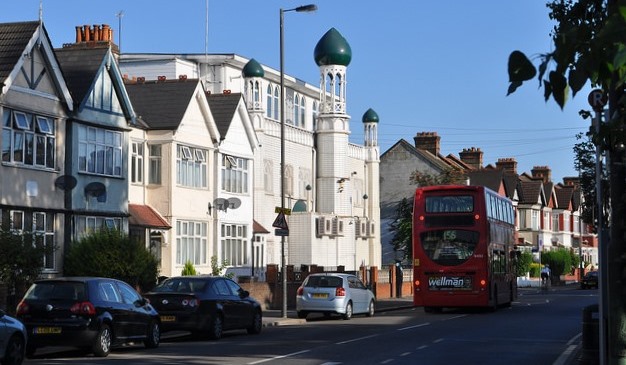
Dr Hugh Pemberton
Reader in Contemporary British History, University of Bristol, Department of History
What have we learned in the days since Britain voted to leave the EU by a margin of 3.8 percentage points?
The UK has jettisoned its foreign policy of 55 years, the political class is paralysed, and the country is in dangerous economic waters. This is a political failure on a scale unprecedented in modern British history which calls into question fundamental features of our political system.
First, it is clear nobody has the slightest idea how Brexit (either ‘hard’ or ‘soft’) is to be accomplished. Those campaigning for a Leave vote had no plan for how it might be achieved in a way that would not impose lasting damage on the country by crimping exports to countries that represent 45% of our overseas trade. Astonishingly, no serious contingency planning had been done within Whitehall, which consequently, is having radically to reorientate itself and try to find people with the necessary skills.
Second, many of the dire predictions of ‘project truth’ were right. The pound is at a low not seen for 31 years – not a bad thing for exporters but a significant loss for international investors in our economy, and in our government’s debt, that may ultimately have consequences for their confidence in us. There are serious concerns that the widespread economic uncertainty is leading a downturn in business investment, not least in the all-important service and construction sectors, and to large scale cancellation of investment, creating the conditions for recession. Many large firms (e.g. HSBC) are already implementing plans to redeploy parts of their business and workforce to the Continent. As the Bank of England has warned, Brexit is ‘crystallising’ very serious economic risks as well as posing a major foreign policy challenge.











